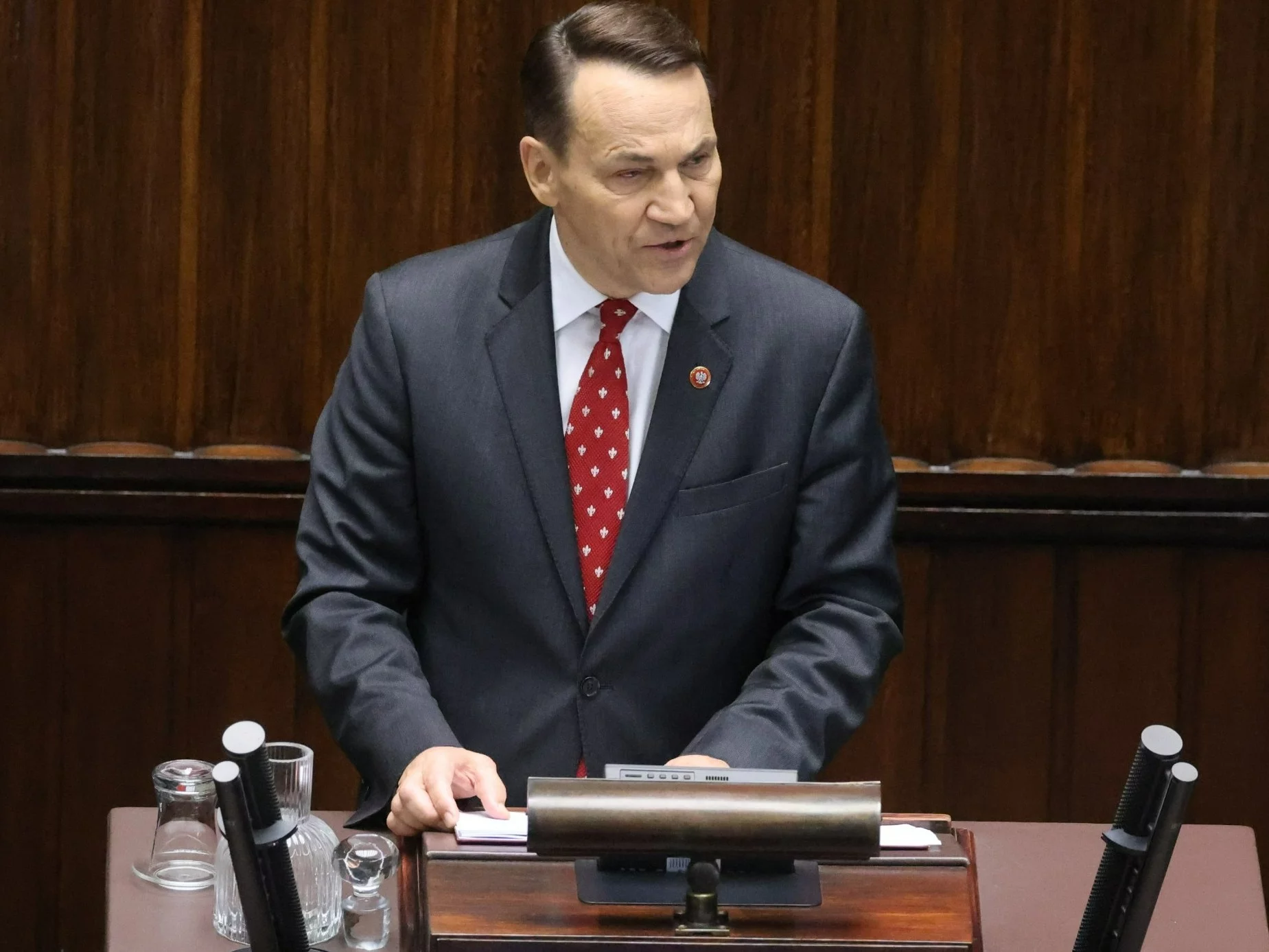
MUMBAI- Carriers like Air India (AI) and IndiGo (6E) reroute flights via Mumbai (BOM) as Pakistan’s airspace closure since April 24, 2025, disrupts normal paths.
Mumbai Air Traffic Control handles a surge in traffic from northern India and Southeast Asia, avoiding Pakistani routes.
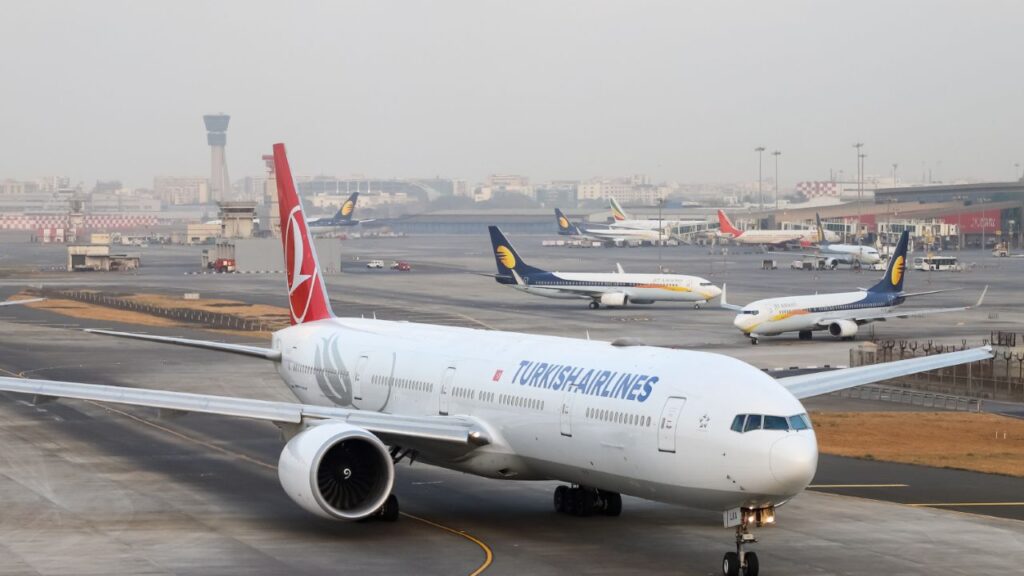 Photo: AlaqmarN
Photo: AlaqmarNAir Traffic Rerouting Over Mumbai
Mumbai Air Traffic Control manages not only its usual 950–970 daily arrivals and departures but also approximately 2,000 overflights, plus rerouted flights from northern India and Southeast Asia.
Typically, 130 northern Indian flights to Europe, North, and South America used the Bhopal-Ahmedabad-Karachi-Muscat route, bypassing Mumbai (BOM). These now enter Mumbai airspace via Ahmedabad to reach Muscat.
Additionally, 250 Southeast Asian flights to the Middle East, Europe, and the Americas now traverse Mumbai airspace to avoid Pakistan. The closure of 25 routes allowing entry into Pakistan via India, following India’s Operation Sindoor missile strikes, further intensified traffic.
Foreign carriers, including Emirates (EK) and Qatar Airways (QR), and chartered operators have revised flight plans to route via Mumbai, increasing ATC’s workload by an estimated 20%, per industry sources.
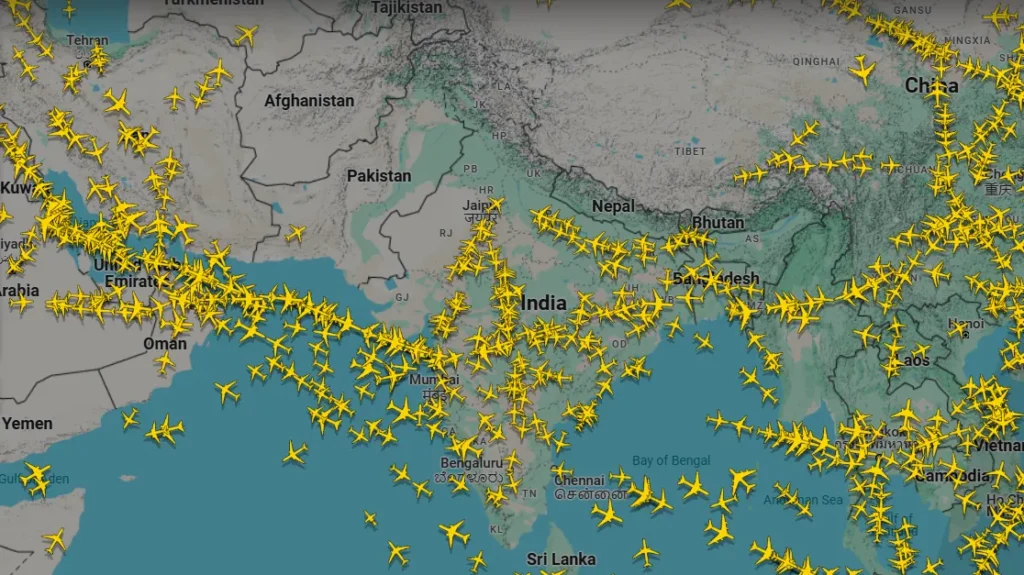 Photo- Flightradar24
Photo- Flightradar24Airspaces Closed
Pakistan’s airspace ban, extended until May 25, 2025, affects 70–100 daily Indian flights, forcing carriers like Air India (AI) to reroute over the Arabian Sea, adding 2–2.5 hours to flights from Mumbai (BOM) to London (LHR) or New York (JFK).
India reciprocated by closing its airspace to Pakistani carriers like Pakistan International Airlines (PK) on April 30, 2025, disrupting their routes to Southeast Asia.
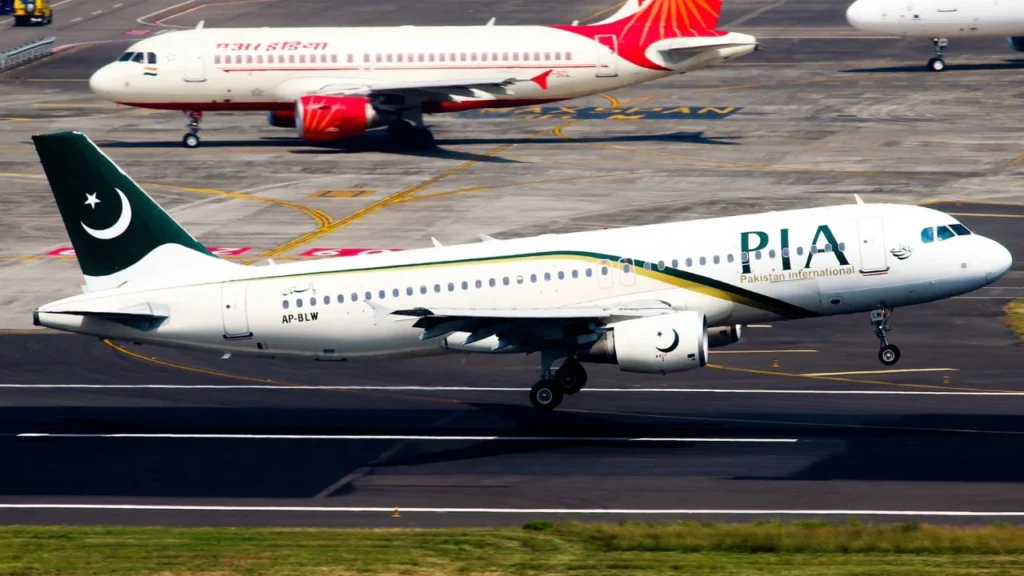 Photo: Mumbai Planes | Siddh Dhuri
Photo: Mumbai Planes | Siddh DhuriImpact on Airline Operations
Airlines operating from Mumbai (BOM) have adapted to the surge by filing revised flight plans. Air India (AI) rerouted its Delhi (DEL) to London (LHR) and Mumbai (BOM) to New York (JFK) flights via Mumbai airspace, adding 600–800 nautical miles to journeys.
IndiGo (6E), planning Amsterdam (AMS) and Manchester (MAN) routes, is exploring a hub-and-spoke model through Mumbai (BOM) to consolidate northern India passengers, similar to its Kolkata (CCU) to Vietnam strategy.
Foreign carriers like Singapore Airlines (SQ) and Lufthansa (LH) now avoid Pakistan, increasing Mumbai overflights by 15%, per FlightRadar24 data.
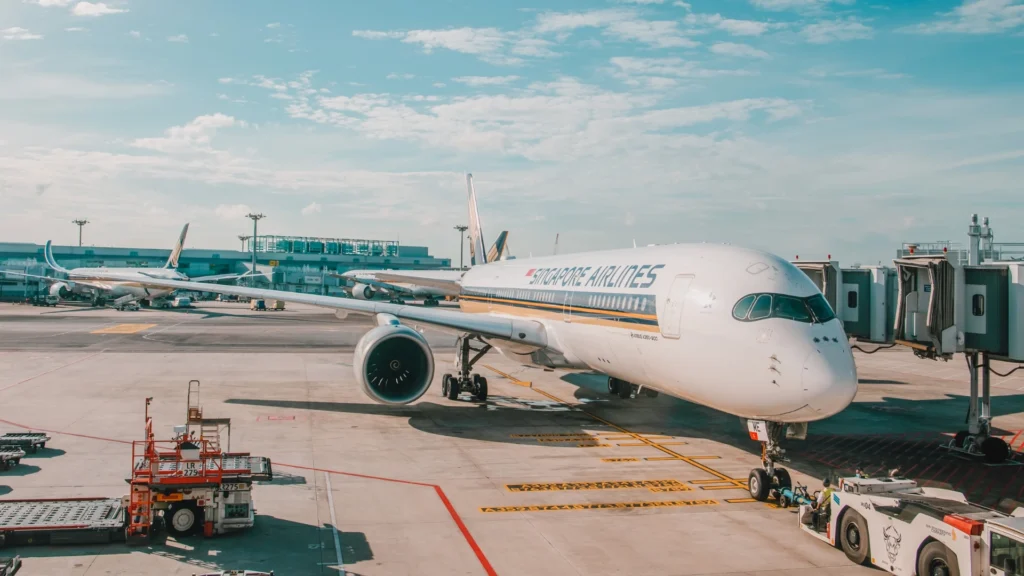 Photo: Singapore Changi Airport
Photo: Singapore Changi AirportGlobal Aviation
The rerouting via Mumbai has broader implications for global aviation. Foreign carriers with overflight rights, like Emirates (EK), gain a competitive edge, while Indian airlines face higher costs, potentially raising airfares.
The International Air Transport Association (IATA) estimates a $1.8 billion annual impact on Indian carriers if closures persist. Mumbai’s role as a transit hub has grown, with a 10% rise in international connections, per OAG Aviation data, but risks congestion without infrastructure upgrades.
The situation has prompted 8 countries, including the U.S., U.K., and Canada, to issue travel warnings for Jammu and Kashmir and Pakistan’s border regions, citing risks from ongoing hostilities.
Stay tuned with us. Further, follow us on social media for the latest updates.
Join us on Telegram Group for the Latest Aviation Updates. Subsequently, follow us on Google News
Indian Airlines Cancels Over 100 Flights Amid Tensions with Pakistan
The post Mumbai Airspace Congestion Soars as Airlines Reroute to Avoid Pakistan appeared first on Aviation A2Z.









